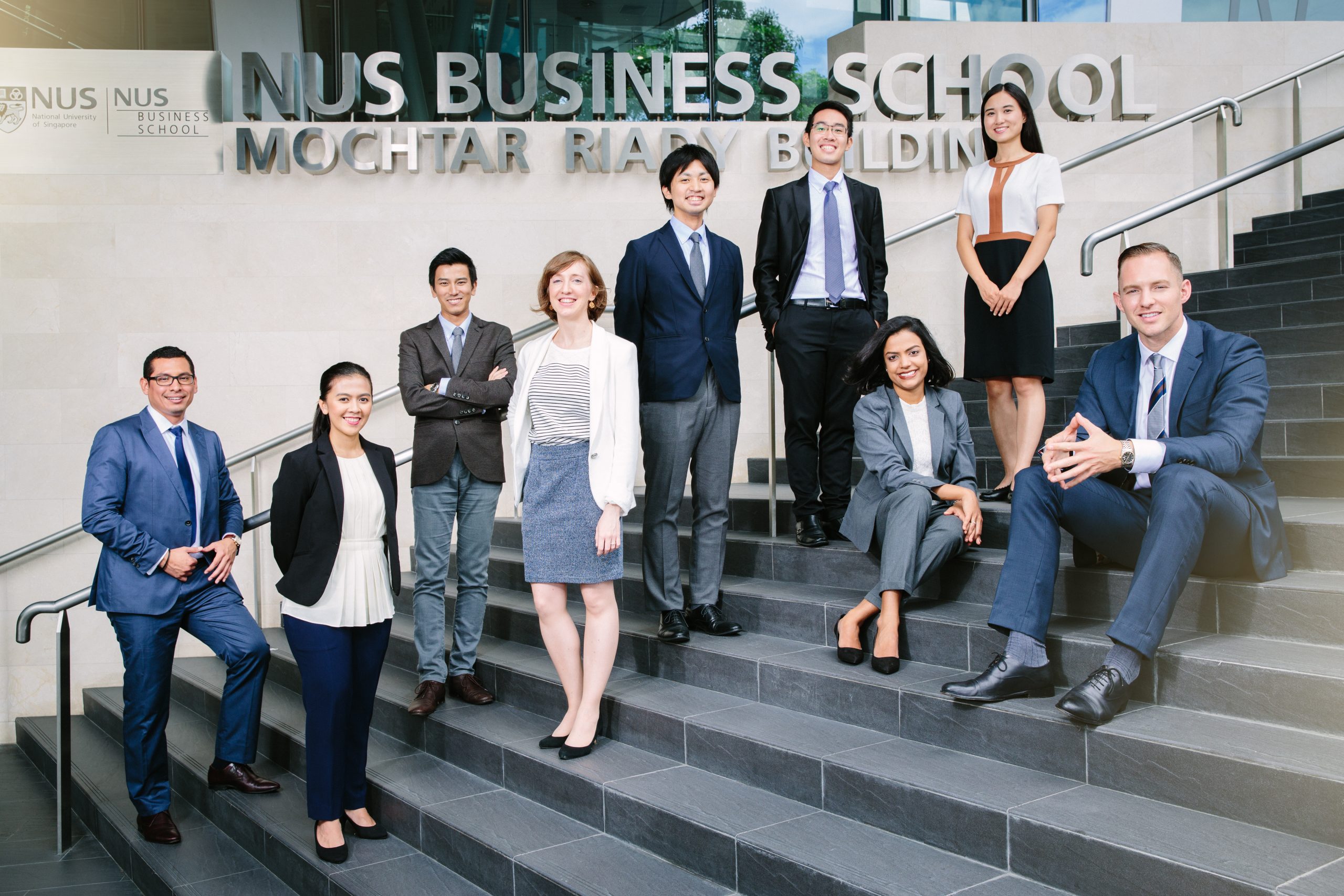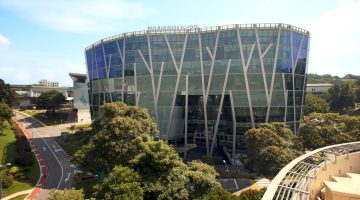Why study an MBA in Asia?
Asia is home to 60% of the world’s population and several of the world’s most dynamic and vibrant economies. It now accounts for about one third of the global trade in goods. It is predicted that by 2050, Asia will contribute to more than half of the world’s economic output. This region is set to overtake advanced economies as the biggest contributors to global GDP.
According to the Economist Intelligence Unit, the ASEAN region has the potential to create the world’s largest free-trade area, building on innovation and digital technologies to add an estimated US$1 trillion to regional gross domestic product.
The Asian Century narrative has also been turbocharged by recent events – the global pandemic. It’s projected that the post-COVID world will not only have its growth engine here, but Asia will also play an increasingly dominant role in shaping global policies around trade, finance, science and innovation. This presents enormous growth opportunities, as Asia increases its global share of trade, capital, people, knowledge, transport, culture, and resources.
A springboard to the rest of Asia
Singapore is an ideal springboard to the rest of Asia. It has increasingly become a popular hub for innovation and entrepreneurship in Asia, and despite its relatively small size, it is home to six unicorns (two of them were founded by NUS alumni), and we’ve seen tech giants strategically setting up their regional and global headquarters here.
Singapore is also among the world’s most open and competitive economies. It is exceedingly cosmopolitan, very much like London and New York, with talents from around the world. The Singapore government plays an instrumental role in providing funding for research, while local universities such as NUS, are key drivers of innovation.


